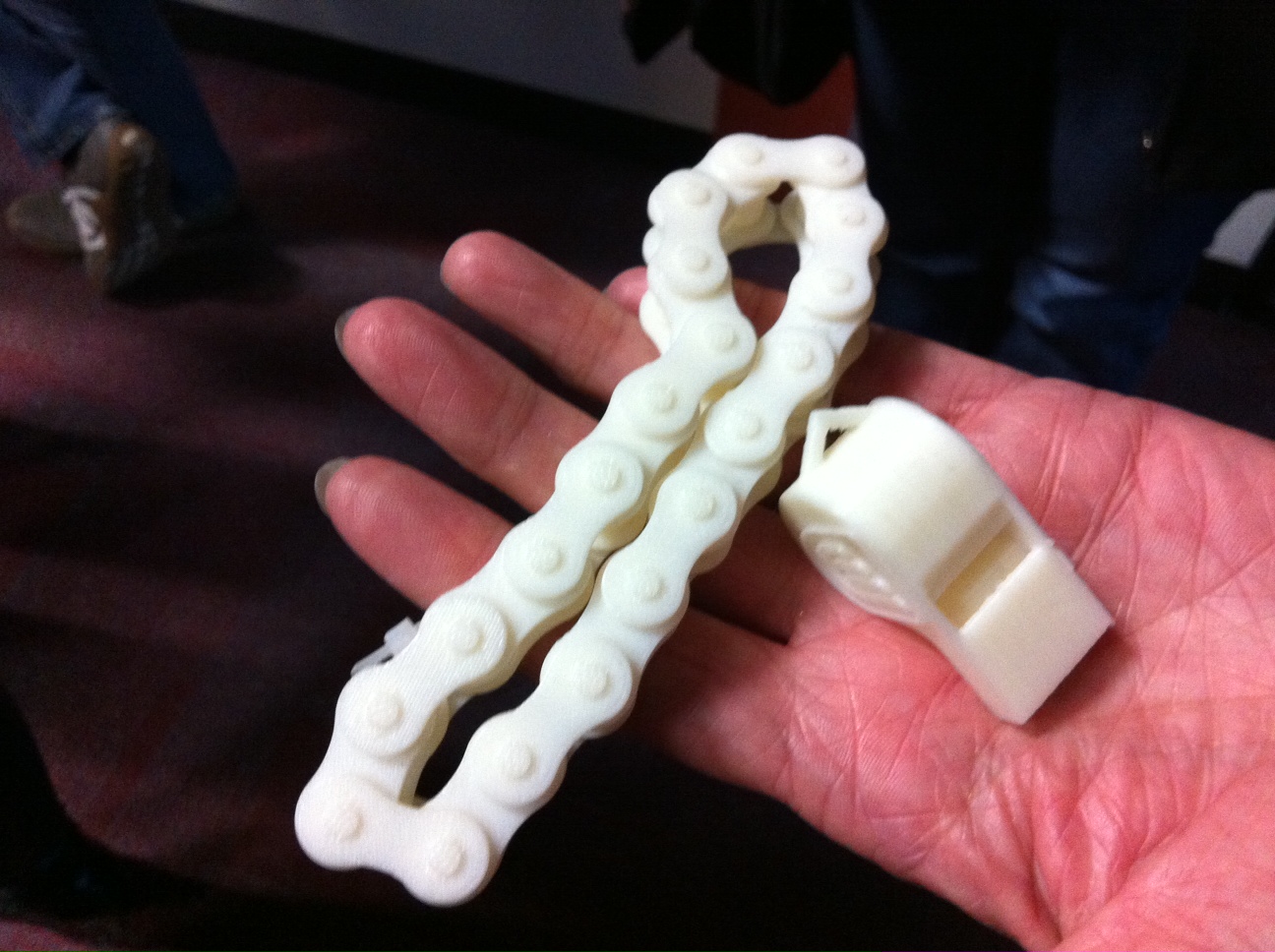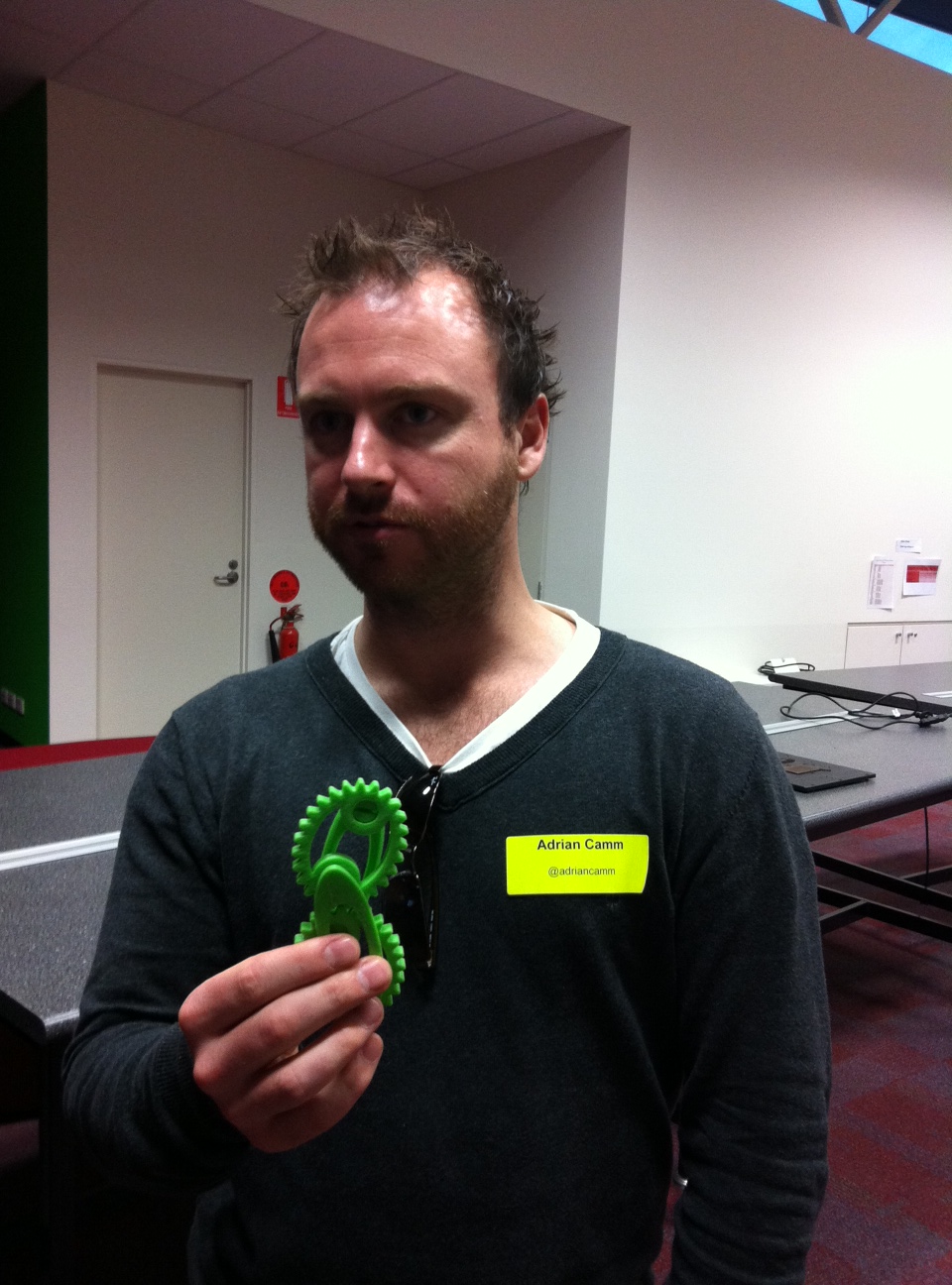Maha Bali’s excellent article entitled Living the Unconference Life – a Form of Praxis? has me nodding and highlighting like a crazy woman. In fact I may as well jump straight into the disclaimer that I’ll be quoting her extensively in this post while I tease out some of my own experiences in unconference-like practices.
What are the differences between traditional conferences and less structured, more informal opportunities for professional development – unconferences?
What might we get from a traditional conference? Maha mentions “gaining visibility through presenting or discussing our work, receiving feedback, meeting people outside of conference sessions and jotting down contact details for further contact.” But, as she says, once the conference is over, that’s basically the end of it.
Whereas unconferences are “all about connectivism, and I’m going to suggest this lifestyle is a form of praxis.”
A form of praxis.
Maha said it, and I’ve also been more and more convinced about this, but more from me later.
Maha identifies some of the special things about unconferences:
- the opportunity to get up close and personal with some of the speakers you admire and would not normally get a chance to talk to
- a chance for everyone to feel like they can contribute to everyone else’s learning
- a chance for people to set their own agenda
- a chance for people to take that agenda where they wish
- break-down of the traditional conference hierarchy
- a chance to encourage the agency of participants without the feeling they will be evaluated (in the same way as contributing by submitting a paper and running a session)
Maha mixes everything up. And why not if it improves learning experiences? She talks about the time she implemented an unconference in a formal workshop within a conference and in a faculty development event and observed the following:
- the energy in the room soars
- people feel they can share their learning in a relatively egalitarian atmosphere
- everyone is learning from everyone else about topics they are interested in
- people are creating their own agenda instead of following someone else’s
- it’s high impact learning in a very short time frame
So what does it mean to live the unconference life? Maha identifies social media and connectivist MOOCs as central to this kind of life. The PLN (personal learning network) is another way of doing similar things – seeing what the people you are connected to are discussing, jumping into their hashtagged conversations, following conferences on Twitter, reading what they’ve shared about conferences in their blogs. This is the kind of learning which has, for years now, directed my learning and nourished my need to connect to people interested in ongoing conversations, and I am one of so many others. Unlike conferences, this kind of learning is continuous and through it we get to know people better over time. It gives us the opportunity to build our understanding of things with people, it exposes us to the diversity of their thoughts and expands our own knowledge.
Maha and I have something in common. We want to be involved in so many conferences but are geographically disadvantaged – she’s in Cairo, Egypt, I’m in Melbourne, Australia. Maha also has a young child but this doesn’t stop her from being arguably the most engaged person in the conference/MOOC world. She’s there in the hashtagged Twitter discussions, in the Google Hangouts, in the Facebook groups, and recently she took her involvement to a new level by experiencing conferences virtually through a buddy. Alan Levine also wrote a great post about the conference buddy experience.
I do attend local conferences and live events, I love getting out and seeing other schools and school libraries, and talking to people about what they do. But on a daily basis my PLN and unconferencing life feeds my personal and professional need to learn and keep learning from people. Like Maha has stated, so much of value feeds directly into my practice as a teacher librarian. It feeds, it stimulates, expands, challenges and keeps on doing these things daily. You might say I can’t live without it – couldn’t imagine living without it.
Is it just an internal thing? I don’t believe it is. Maha realises the same thing:
But I realized something. Praxis is about the thoughtful, reflective action that we take, not just the action. And I realized something really important: we take action every day in our lives. But it may not be thoughtful or reflective. And here’s what connectivist MOOCs and engaging with other educators on social media has done for me: it has made me constantly reflective. People often talk about social media as a form of information overload, as hyper alertness, as attention deficit, and it gets described as if it’s a superficial kind of engagement. This has not been my experience. When we engage with social media in thoughtful ways, when we interact with others with similar interests, and open our minds to engaging with each other’s ideas and practice deeply, we’re helping make our day-to-day action a form of praxis, because we are constantly reflecting on it with others.
I looked up praxis on Wikipedia for a quick summary:
Praxis is the process by which a theory, lesson, or skill is enacted, embodied, or realised. “Praxis” may also refer to the act of engaging, applying, exercising, realizing, or practicing ideas. This has been a recurrent topic in the field of philosophy, discussed in the writings of Plato, Aristotle, St. Augustine, Immanuel Kant, Søren Kierkegaard, Karl Marx, Martin Heidegger, Hannah Arendt, Paulo Freire, Ludwig von Mises, and many others.
I agree with Maha that this constant engagement and reflection makes us lifelong learners in the truest sense and that my life, too, has become one continuous and wonderful unconference.
I suppose that this kind of learning started with the creation of my blog, Brave New World, in May of 2008, and my leap onto Twitter even before November of 2009 (as stated in my Twitter profile) because I somehow managed to delete my entire Twitter account the first time around and had to start again from scratch. I don’t think I could list all the hashtags I’ve followed on Twitter, but some of the most important ones are associated with communities of people I want to keep learning from and with, for example, #vicpln (started by Judith Way for a specific course and still going strong as a local community hashtag), #austl, #tlchat (both library-related communities). More recently I’ve expanded my online networks to include people taking part in MOOCs such as #ccourses, #moocmooc and #rhizo15.
So my questions is:
How do I show this kind of learning and praxis to my colleagues, to the teachers at my school? It still feels like I’m living a secret life or at least that it’s the invisible alternative life. How do I show others – without being intrusive or condescending (this is great, I know what I’m talking about) that it’s easy to connect to people and events online and that this world is just as real as the external world of work? In fact, in many cases I know more about people I’m connected to online than I do of staff at my own school.
How do we change our behaviours in a system that doesn’t change?



